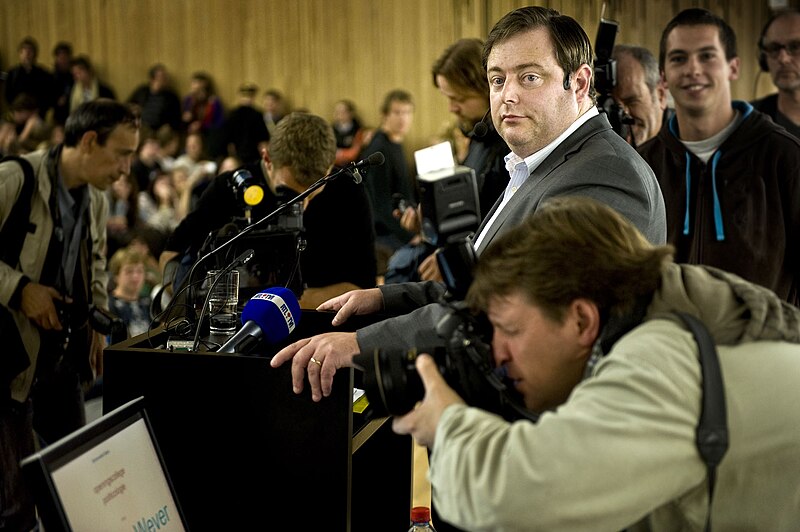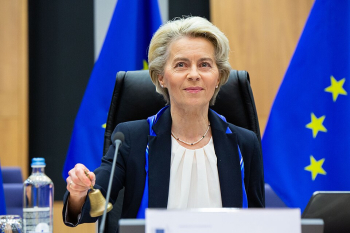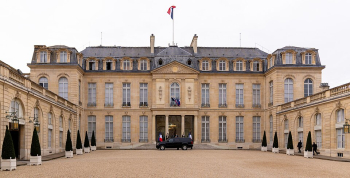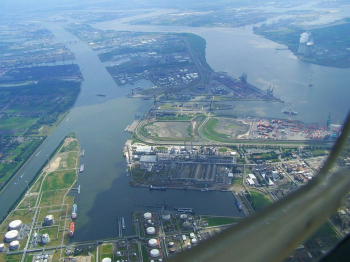
Bart De Wever is set to make history as Belgium’s first-ever Flemish nationalist prime minister, a move that will put the country’s fragile federal structure to the test.
His appointment signals a significant political shift, particularly in the delicate balance between Flanders and Wallonia.
A historic appointment
As leader of the New Flemish Alliance (N-VA), De Wever has long championed greater autonomy for Flanders, frequently criticizing the Belgian state and financial transfers between the regions. His political career has been defined by his push for confederalism, a system that would grant Flanders and Wallonia more independence while maintaining a loose federal union.
Over the years, De Wever has been a polarizing figure, particularly in French-speaking Belgium, where his rhetoric—such as describing Belgium as a “failed state”—has fueled tensions.
A shift in strategy
Despite his nationalist stance, De Wever has recently worked to soften his image. His firm rejection of an alliance with the far-right Vlaams Belang helped boost his credibility among Francophone politicians. Additionally, his constructive approach during coalition talks earned praise from key negotiators, suggesting a more pragmatic leadership style. He has even made efforts to improve his French, a symbolic move towards fostering better relations with Wallonia.
Yet, skepticism remains. While De Wever insists he will govern for all Belgians, some suspect his ultimate goal is to further his confederalist agenda.
Changing political landscape
The political climate in French-speaking Belgium has also evolved. Calls for stricter migration policies and economic reforms have gained traction, making some of De Wever’s policies more palatable to a broader audience. However, his past remarks about Wallonia and Belgian unity continue to cast doubt on his commitment to national cohesion.
A new government takes shape
De Wever’s appointment follows months of coalition negotiations after the June 2024 elections. The new government brings together the right-wing N-VA, the liberal MR, Christian democratic CD&V, centrist Les Engagés, and socialist Vooruit.
Meanwhile, outgoing Prime Minister Alexander De Croo departs amid political turmoil. His party, Open VLD, suffered a devastating defeat, ending his tenure marked by economic struggles and instability. Once considered a rising star in European politics, De Croo is now returning to local governance, planning to serve as mayor of his hometown, Brakel. Photo by Michiel Hendryckx, Wikimedia commons.

















